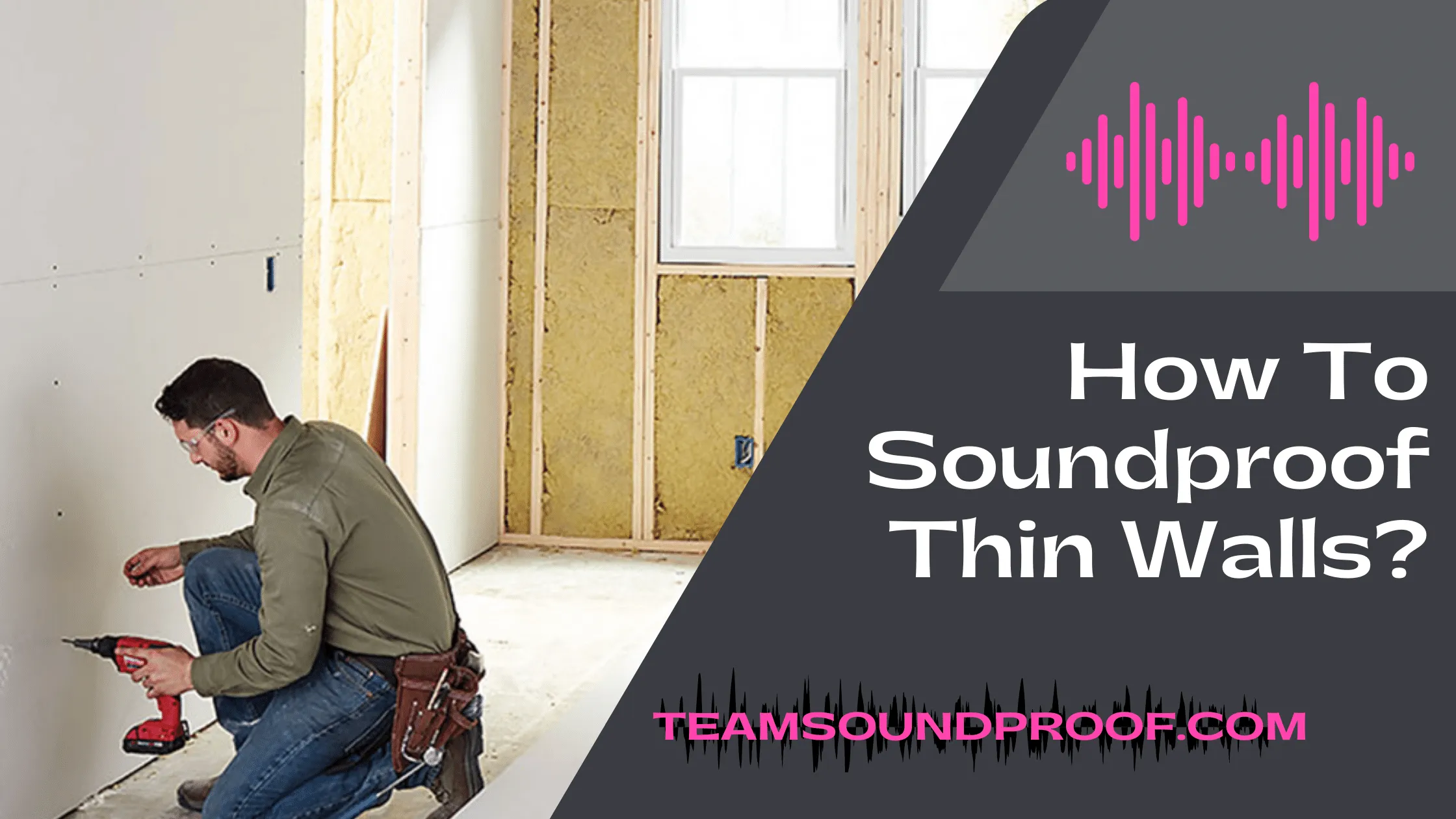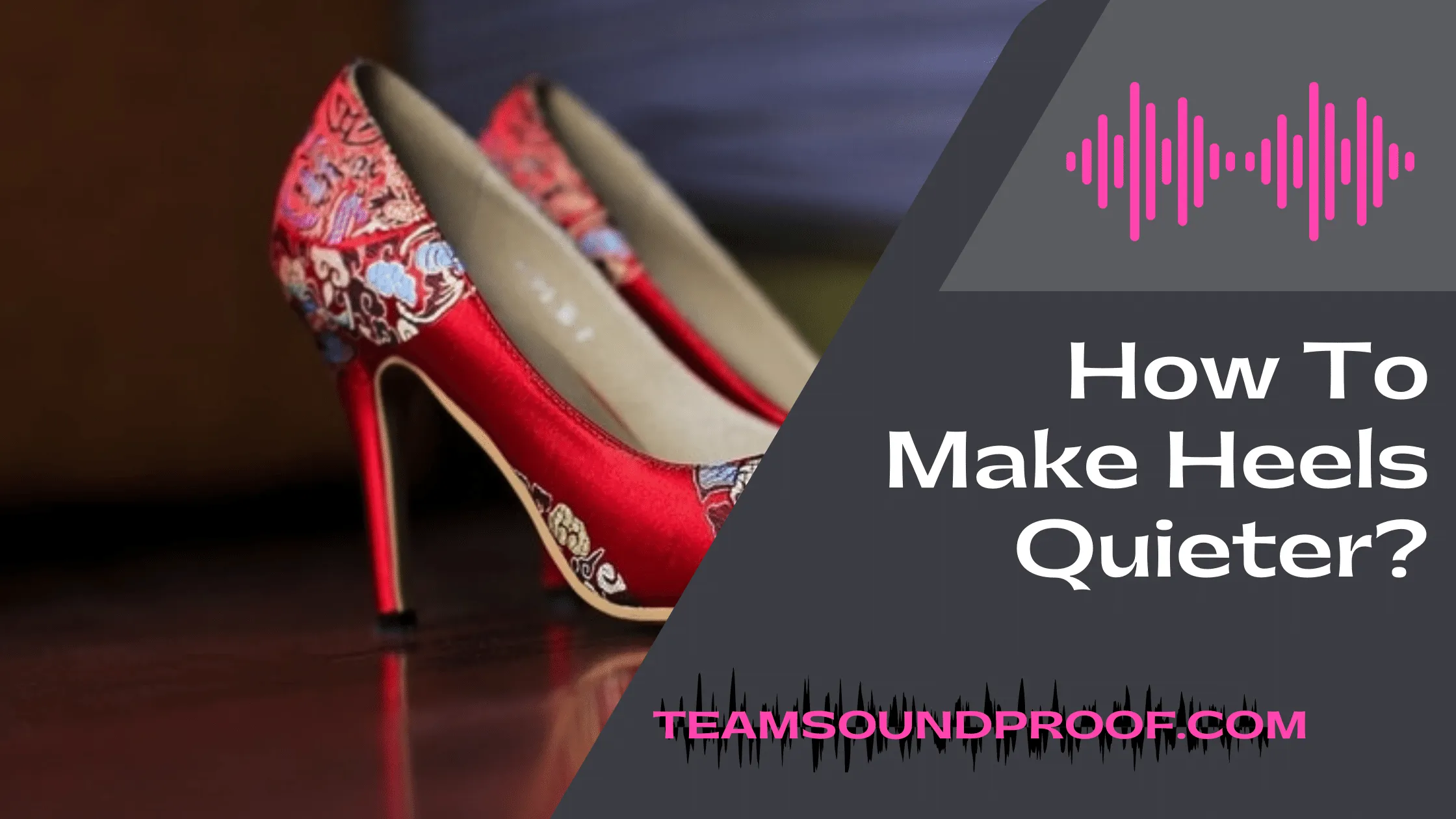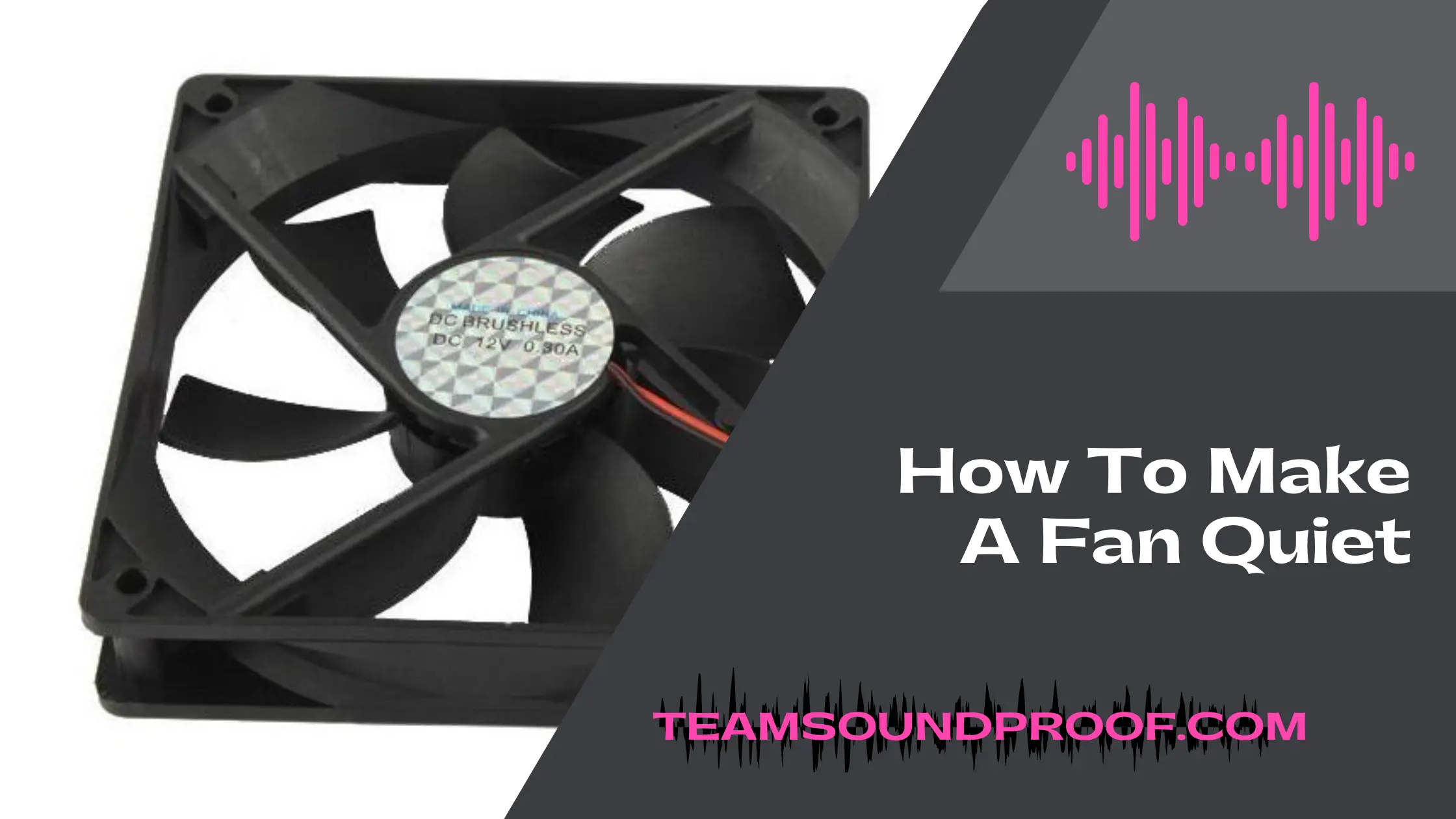Soundproof panels are specially designed pieces of equipment that act as a barrier between yourself and any external noise source which blocks the transference of sound waves from one area to another. Not only does this help reduce distraction but it also helps provide more privacy for those who need it. In this blog post we will explore How Do Soundproof Panels Work are made, what types are available and where they can be used effectively. Read on to find out more about this valuable form of acoustic insulation!
How Do Soundproof Panels Work?
Soundproof panels are designed to reduce the amount of noise that passes through walls, floors, ceilings, and other surfaces. They typically consist of an absorbent material such as foam or fiberglass sandwiched between two layers of dense and heavy material such as plywood or steel. This combination creates a barrier that blocks sound waves from passing through the surface, helping to reduce the overall noise levels in a room.
There are several different ways that soundproof panels work to achieve this effect. For example, some panels use a series of air gaps or cavities within their construction to help trap and dampen sound waves traveling through them. Others incorporate special acoustic foam materials or coating technologies to further improve their ability to block out unwanted sounds. It is also important to consider the placement and configuration of soundproof panels in order to maximize their effectiveness. They can be positioned on walls, ceilings, floors, or other surfaces depending on the specific application.
If you are looking to make your amplifier more powerful, installing soundproof panels may be one effective strategy. By reducing noise levels and dampening sound waves, these panels can help prevent distortion and allow your amplifier to perform at its best. Additionally, many soundproof panels are relatively easy and affordable to install, making them a practical solution for improving the performance of a wide range of audio equipment. With the right setup and placement, you can enjoy clearer, sharper sound quality in any space.
What Are Soundproof Panels and What Do They Do?
Soundproof panels are specialized materials designed to reduce noise and prevent the transmission of sound through walls, floors, ceilings, and other surfaces. By using a combination of absorbent and dense materials in their construction, these panels help block out unwanted sounds and create a quieter environment.
There are several different mechanisms that can be used to achieve this effect. Some soundproof panels incorporate gaps or cavities within their design to trap and dampen sound waves as they travel through them. Others use special acoustic foam or coating technologies to improve their ability to block out noise.
Additionally, the placement and configuration of soundproof panels can also play an important role in minimizing unwanted sounds. They can be installed on walls, ceilings, floors, or other surfaces depending on the application. If you are looking to make your amplifier more powerful, installing soundproof panels may be one effective strategy. By reducing noise levels and dampening sound waves, these panels can help prevent distortion and allow your amplifier to perform at its best.
Additionally, many soundproof panels are relatively easy and affordable to install, making them a practical solution for improving the performance of your audio equipment. With the right setup and placement, you can enjoy clearer, sharper sound quality in any space.
Types of Soundproofing Materials Available:
There are a variety of different types of soundproofing materials available, each with unique properties that can affect their effectiveness in reducing noise.
- Acoustic foam is a type of material that is commonly used in soundproofing applications due to its ability to absorb sound waves and reduce noise levels.
- Dense materials, such as plywood or steel, can also be effective at blocking out sounds by creating a barrier that prevents the transmission of sound waves.
- Another common soundproofing strategy is to use air gaps or cavities within the construction of panels, which can help trap and dampen sound waves as they travel through them.
- Special coatings or membranes, such as rubberized asphalt, may also be used to improve a panel’s ability to block out unwanted noise.
- In addition to the materials used in their construction, the placement and configuration of soundproof panels can also play an important role in minimizing noise levels.
Depending on your specific application and desired results, you may want to consider using a combination of different soundproofing materials or techniques for optimal performance. For example, if you are looking to significantly reduce noise in a large space, you may want to consider using panels with air gaps or cavities to maximize their ability to block out sound.
On the other hand, if you are looking for a more affordable and convenient solution, acoustic foam may be an ideal choice. With so many options available, it is important to carefully evaluate your needs and choose the materials and techniques that best meet your requirements.
Installation Tips For Best Results:
When installing soundproof panels, there are a few key factors to keep in mind in order to maximize their effectiveness.
- Be sure to use high-quality materials that are designed specifically for soundproofing applications. It is also important to choose materials that are lightweight, durable, and easy to work with. This will help ensure that your panels can withstand the wear and tear of regular use while providing optimal noise reduction.
- For optimal results, it is important to choose a configuration and placement that take your specific space and application into account. In general, soundproof panels should be installed on walls or ceilings in order to minimize noise from above or next to the panel. Additionally, using multiple layers of soundproofing materials may be more effective than a single layer, so consider incorporating additional layers as needed for best results.
- It is also important to pay attention to any preexisting sound issues within your space, such as uneven surfaces or poor ventilation, as these can affect the overall performance of soundproof panels. By addressing these issues before installation, you can help ensure that your panels have the best possible chance of reducing noise levels in your space.
- In addition to choosing the right materials and locations for installation, it is also important to carefully follow any installation instructions provided by the manufacturer in order to achieve optimal results. This may involve using special adhesives or fasteners for securing the panels in place, spacing them at certain distances from one another, and more.
By taking these steps, you can help ensure that your panels are properly installed and will provide the most effective noise reduction possible. With the right setup and placement, you can enjoy clearer, sharper sound quality and reduced noise levels in any space.
Conclusion:
Soundproofing is important in a variety of settings, from offices to recording studios. By understanding how soundproof panels work, you can make an informed decision about which type of panel is right for your needs. The best way to reduce noise pollution is to install soundproof panels on walls and ceilings. Soundproof panels are made of dense materials that absorb sound waves and prevent them from bouncing off surfaces. By absorbing the sound waves, the noise level in a room is reduced, making it more pleasant for occupants.
Frequently Asked Questions
What Are the Main Types of Soundproof Panels Available?
There are many different types of soundproof panels available, including foam, fabric-covered acoustic panels, and rigid studs. Each type has its own pros and cons, so it is important to carefully consider your requirements before making a purchase. It is also important to consider the size and shape of the area you want to soundproof, as this will affect which type of panel is most effective. This will help you find the right type of panel for your needs, whether you need to soundproof a home or office.
How Do I Install Soundproof Panels on My Walls or Ceiling?
The installation process will vary depending on the type of panel you choose and the surface that it is being installed on. Some panels can simply be attached directly to the wall with adhesive or screws, whereas others may require additional framing or other supports for optimal performance. Consult with a professional installer if you are unsure about how to proceed with your installation. It is also important to consider the weight of the panel, as some materials may require additional support for stability and safety.
How Do I Know if Soundproof Panels Are Right for My Space?
Soundproof panels can be a great way to reduce noise in any environment, from offices and conference rooms to home theaters and recording studios. To determine if soundproof panels are the right choice for your space, consider the level of noise you want to block out and how much you are willing or able to invest in acoustic insulation. Keep in mind that higher-quality panels may offer better performance and peace of mind over the long term.






